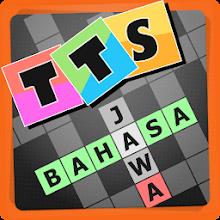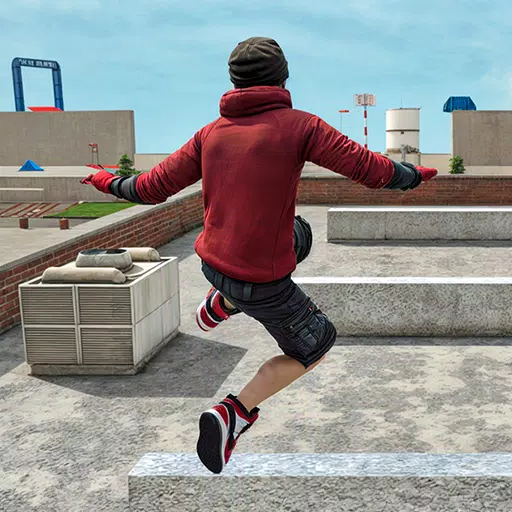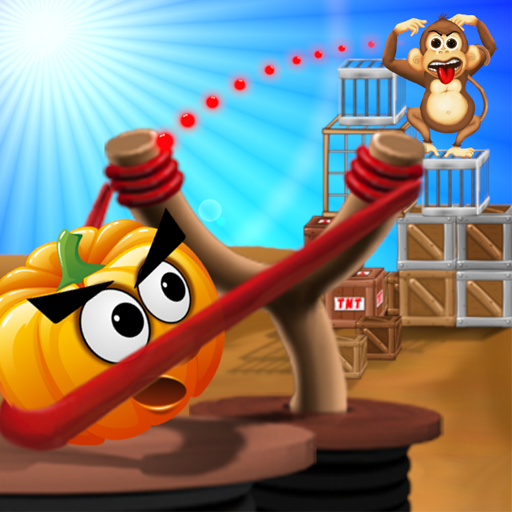NetEase's Marvel Rivals has proven to be a smashing success, attracting ten million players in just three days after its launch and generating substantial revenue for the developer in the subsequent weeks. However, a recent Bloomberg report reveals that the game's fate hung in the balance due to NetEase CEO and founder William Ding's initial reluctance to utilize licensed intellectual property (IP).
According to Bloomberg, NetEase is undergoing significant restructuring under Ding's leadership. The company is cutting jobs, closing studios, and pulling back from international investments. The aim is to create a leaner portfolio capable of countering a recent decline in growth and staying competitive against industry giants like Tencent and MiHoYo.
As part of this downsizing effort, Marvel Rivals nearly faced cancellation. Sources indicate that Ding was hesitant to pay for the use of Marvel's licensed characters and instead pushed for the use of original designs. The attempted cancellation reportedly cost NetEase millions, but the game ultimately launched to its current acclaim.
Despite the success of Marvel Rivals, NetEase's restructuring efforts continue. Earlier this week, the Marvel Rivals Seattle team was laid off, a move the company attributed to "organizational reasons." Over the past year, Ding has also halted investments in overseas projects, reversing previous commitments to studios like Bungie, Devolver Digital, and Blizzard Entertainment. The report suggests Ding's belief that games not generating hundreds of millions annually are not worth pursuing, though a NetEase spokesperson clarified to Bloomberg that the company does not set "arbitrary blanket numbers" for new game viability.
Internal challenges at NetEase are also highlighted by Bloomberg, with employees describing Ding's leadership style as volatile. Ding is said to make swift decisions and frequently change his mind, pressure staff to work late, and recently appoint numerous recent graduates to leadership positions. The report also notes that Ding has canceled so many projects that NetEase might not release any new games in China next year.
NetEase's retreat from game investments coincides with a period of uncertainty in the global gaming industry, particularly in Western markets. The sector has experienced consecutive years of mass layoffs, project cancellations, and studio closures, compounded by the underperformance of several high-budget, high-expectation games.















